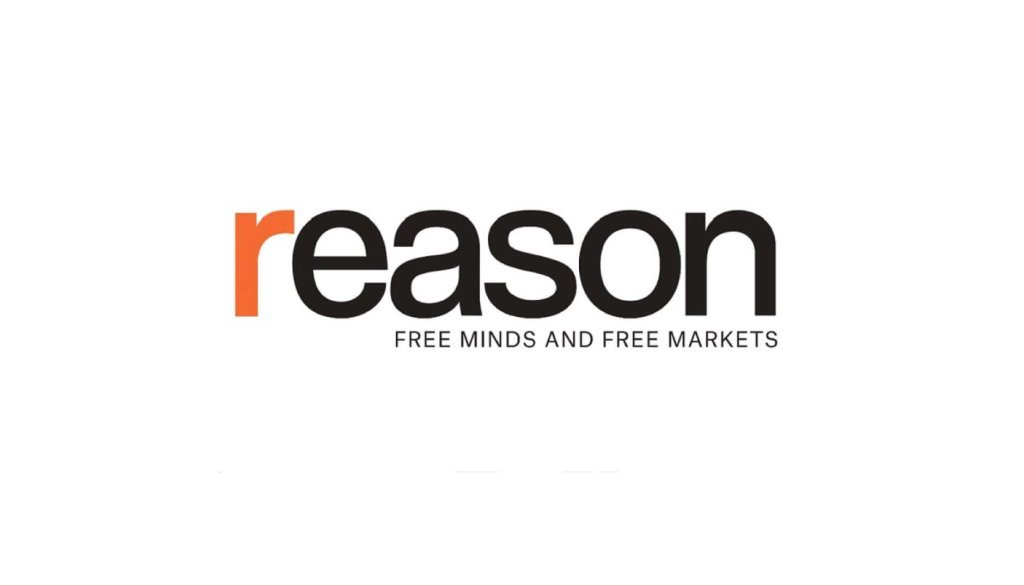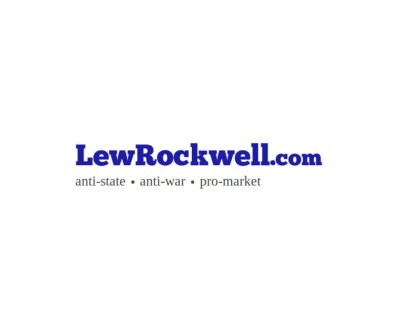Important New Professional-Client Speech Decision from the Third Circuit
From Veterans Guardian VA Claim Consulting LLC v. Platkin, decided yesterday by Judge Stephanos Bibas, joined by Judges Anthony Scirica and Cheryl Krause:
The marketplace of ideas is not just a metaphor. Many Americans, from journalists to playwrights to therapists, speak for a living. Laws that bar these professionals from earning money on that speech limit their ability to speak and so must survive First Amendment scrutiny. New Jersey recently passed one such law, banning charging for some advice on how to claim veterans benefits. Because this law likely burdens speech, yet the District Court thought otherwise and so denied a preliminary injunction, we will vacate and remand….
The majority opinion began by concluding that professional speech, including paid speech, is likely presumptively protected by the First Amendment:
Professional services delivered by speaking or writing are speech. Veterans Guardian … advises clients about how to claim benefits: what disabilities to claim, what evidence to include, and how to fill out forms. That advice is likely speech. See Upsolve, Inc. v. James (S.D.N.Y. 2022) (distinguishing conduct of filing motions from speech of offering legal advice)….
[And] laws that ban charging for speech burden the right to speak. Supreme Court cases establish this. See United States v. Nat’l Treasury Emps. Union (1995); Simon & Schuster, Inc. v. Members of N.Y. State Crime Victims Bd. (1991). Common sense agrees. Someone who cannot earn money from speaking has less incentive to speak and so will speak less. Indeed, many canonical examples of protected speech involve professionals speaking for pay: think of novelists, speechwriters, and newspaper columnists….
More importantly (because the matter is less well-settled), the panel concluded that “there is no separate category of professional speech”:
Our circuit used to carve out a separate category of professional speech and give it less protection. But seven years ago, in NIFLA v. Becerra, the Supreme Court clarified that there is no separate category of professional speech. With few exceptions, the same First Amendment principles apply when professionals speak to clients as when anyone else talks. That said, NIFLA confirms that lesser scrutiny is warranted where there is “persuasive evidence of a long (if heretofore unrecognized) tradition to that effect.” And it preserved two exceptions when regulations of professional speech get reviewed more deferentially: (1) “laws that require professionals to disclose factual, noncontroversial information in their commercial speech” and (2) regulations of “professional conduct, even though that conduct incidentally involves speech.”
New Jersey tries to jam its law into NIFLA‘s second exception by arguing that the law regulates price instead of speech, that it regulates speech incidental to illegal conduct, and that Section (a)(1) is a neutral professional licensing scheme. The first two arguments do not work, and the record is too sparse for us to confidently decide the third.
Start with New Jersey’s contention that its law targets only the conduct of charging money. As we discussed above, pricing regulations are not exempt from the First Amendment—restricting compensation to licensed counselors still imposes a financial burden on speech.
Second, Veterans Guardian’s speech is not integral to illegal conduct. Because New Jersey reads its law as mirroring federal requirements, it argues that any speech it bans must be integral to breaking federal law. That argument
Article from Reason.com

The Reason Magazine website is a go-to destination for libertarians seeking cogent analysis, investigative reporting, and thought-provoking commentary. Championing the principles of individual freedom, limited government, and free markets, the site offers a diverse range of articles, videos, and podcasts that challenge conventional wisdom and advocate for libertarian solutions. Whether you’re interested in politics, culture, or technology, Reason provides a unique lens that prioritizes liberty and rational discourse. It’s an essential resource for those who value critical thinking and nuanced debate in the pursuit of a freer society.


